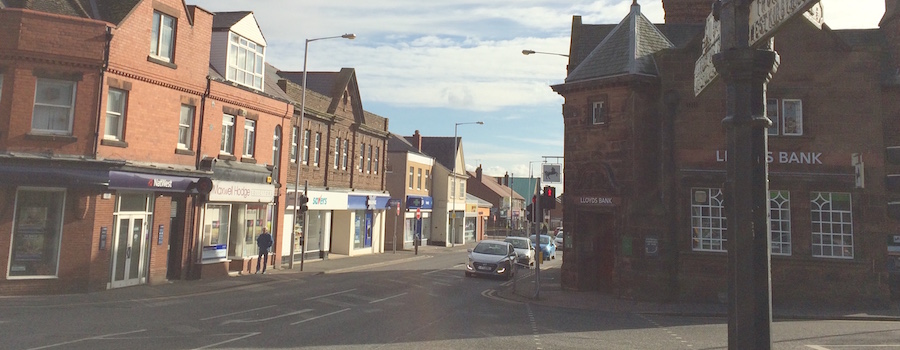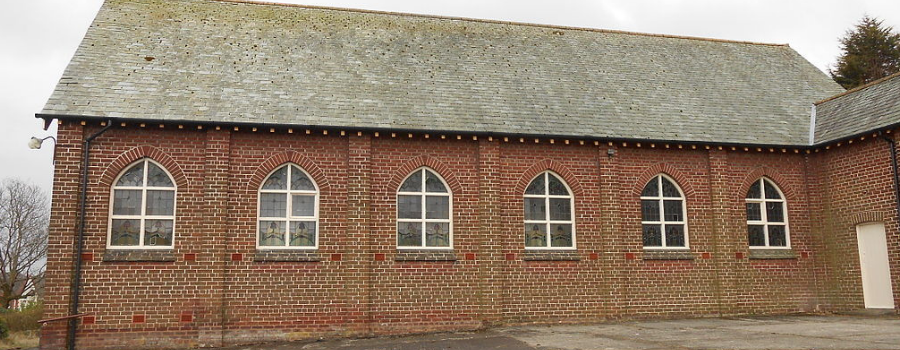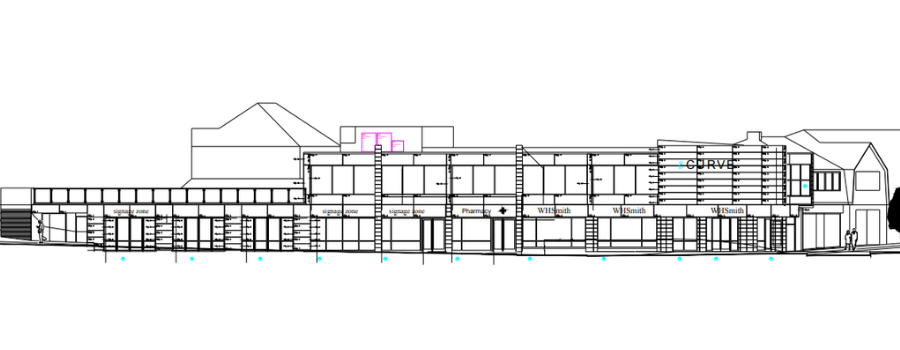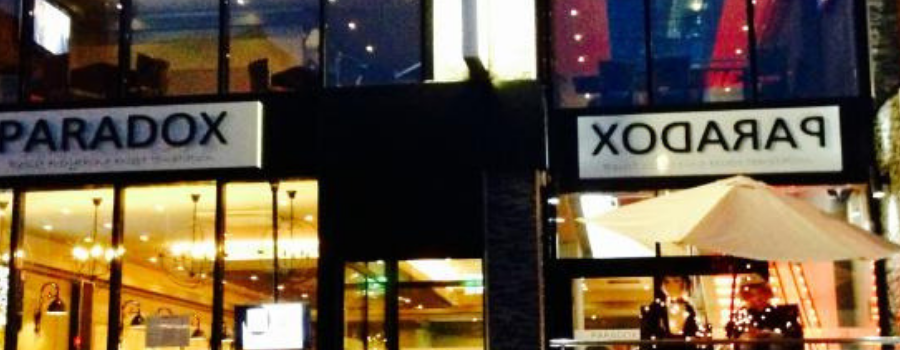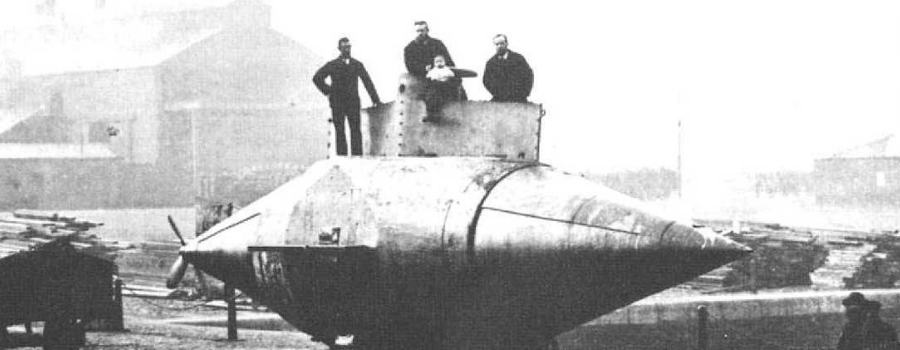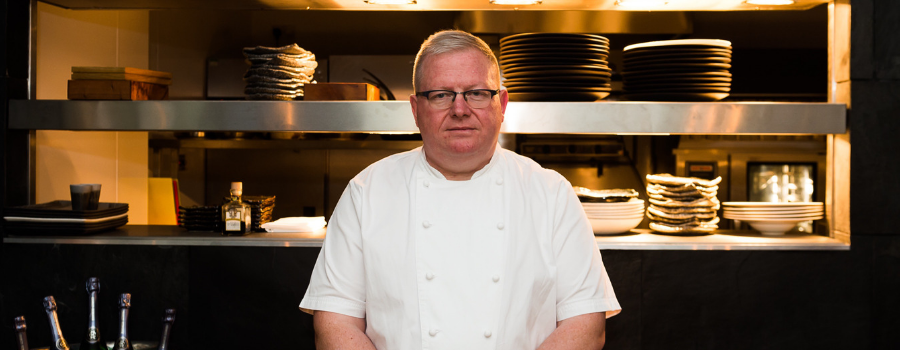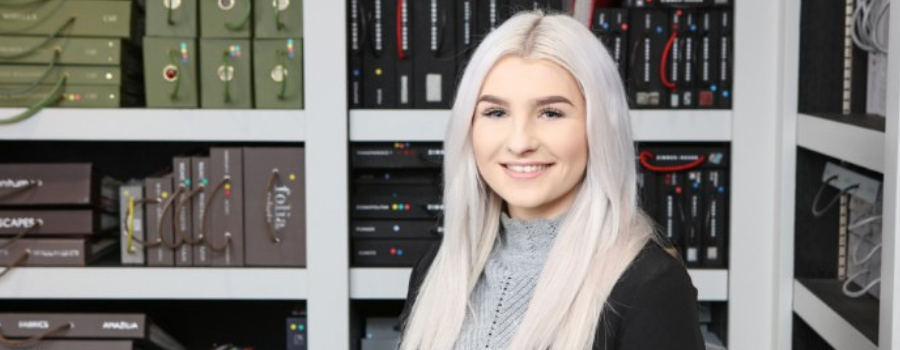[dropcap type=”circle”]T[/dropcap]he forthcoming closure of the Heswall branch of NatWest has something to say about the future of high streets in general and towns like Heswall in particular.
The bank will witness its last queue on September 25th. Thereafter, those customers who don’t switch their accounts to another provider will be registered with NatWest in West Kirby which, so far, has survived the axe.
In his letter explaining the calling of time, Rob Taylor, the bank’s Local CEO, points out that “with more of our customers choosing to use telephone, online and mobile banking services than ever before, we’re having to make some difficult decisions about our branch network.”
As a Heswall NatWest customer I am unaware of any consultation taking place before this particular ‘difficult’ decision was made. Moreover, in common with the rest of the British tax paying public, I own almost 60% of the bank following its post-crash bale out. Although my opinions and those of others would have made no difference, it would have been nice to have been asked.
The wider point is this: of course it’s true that technology is transforming banking and almost every other industry, but as that transformation takes place we need to ask what sort of world we are unwittingly creating. Cynics might say that the queues in NatWest were often so slow moving there was plenty of time for locals to make conversation, but at least a branch staffed by human beings allows people, especially older people, to have the sort of face to face contact which many of our ageing population lack.
When the Post Office in Lower Heswall closed there was no doubt a strong financial argument that it was not viable. That said, as a welcome resource for those who used it, and as a meeting place for people who could spend a little time of day, it was valuable and strangely reassuring.
Technology will continue to change the ways we live, work and shop. It has always done so. Here in the 21st century, however, the pace of change has never been so quick. Even as Donald Trump promises to return jobs to America’s rust belt, and our government tells us that Brexit will oblige us to boost manufacturing, it is quite clear that machines and cyberspace are busily eliminating the human component.
This sort of change was promised as long ago as the 1940s but has never really come to pass.
Until now.
This should be good news. Automation and global speed of light communications have the power to free more and more of us from labour. However, if the market alone is the drum beat powering the march towards change it will not make decisions in the best interests of all of us.
That does not necessarily mean a failing branch of a bank should stay open while making a loss, but it does mean that collectively we must think about what sort of future we want for ourselves and our children.
There has been much talk of late about devolving more power to communities. In my view we need to make sure it happens so towns like Heswall might be able to solve problems like empty shops and other buildings and deserted spaces, rather than just wait for someone to spot a gap in the market.
Or not.

